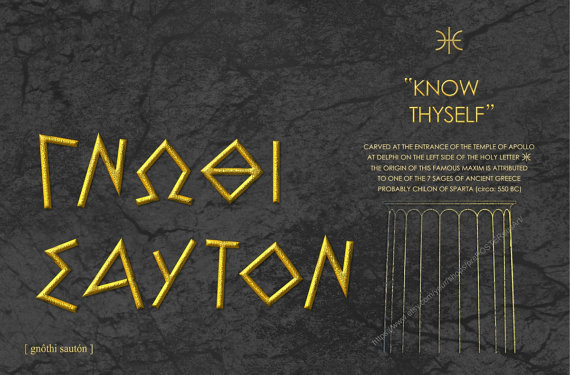For the readings this week, there was a common theme between a couple of the pieces that really resonated with me, and probably because I see direct correlations with my field of study, which is education abroad. That theme is identity. Not only do I see a relationship to my field, but I find the theme of identity applicable to our course’s guiding question on access, excellence and impact. Let me explain…
In Garcia and Ortiz’s 2013 piece, Intersectionality as a Framework for Transformative Research in Special Education, their argument is that it is impractical to hope to draw conclusions or prescribe solutions when dealing with a disparate group of individuals; you must acknowledge that every individual is comprised of multiple identities which colors their experiences and how they perceive the world. As they explain, “A master category like race/ethnicity fails to account for within-group diversity based on people’s multiple social identities. Concomitantly, the education system’s failure to account for within-group differences renders these sub-groups invisible, and increases the risk that some students with special needs are overlooked and may not receive services to which they are entitled” (p.36). By choosing to examine a subset through the lens of just a single, superficial identity, such as race, we as educators, fail to acknowledge that what works for one member of that racial group might not actually be what is best for another member of that same racial group who also identifies with another subset.
When I think about this principle in my field, one example might be concerning the dearth of African-American participation in education abroad. When we make sweeping generalizations that the reason for why this population is under-represented in education abroad is because of economic deterrents, we fail to account for other factors that might be contributing to their decision to pursue this opportunity. Perhaps they also identify as lesbian, gay, bisexual, or transgender and have reservations about navigating another culture with this identity because of difficulties living with this identity at home. Or perhaps their parents never had the opportunity to study or travel abroad and so they do not even have the background from which to ask the right questions and start the research to take part in this opportunity. The possibilities are as infinite as there are unique identities.
Perhaps more interesting to me, in terms of drawing comparisons to my field, was the 2003 article by Howard, Culturally Relevant Pedagogy: Ingredients for Critical Teacher Reflection. In my current position, I lead our Student Orientation and Re-entry Team (SORT). The SORT team is responsible for organizing our students’ pre-departure orientation meetings before they depart for their programs abroad. As recently as this past year, I had a quintessential light-bulb moment when I realized that we were going about preparing students for their short-term programs the wrong way. We had been focusing on introducing students to their host culture when really, one cannot begin to understand another culture before one understands their own culture, and more specifically, their own identity. In a similar fashion to Howard’s argument that teacher’s need to engage in critical reflection to understand the particular biases that they bring into the classroom environment, so to do our students who are going abroad need to understand who they are as a person and an American and how that will influence their perceptions and understandings of a host culture.
Therefore, identity is perhaps one of the central foundations of problems related to access, equity, and impact because it is identity which raises the questions of who has access, is there equality across all involved, and what is the impact for individuals? In terms of education, identity seems as though it may forever be the guiding light to which educational leaders must continually return in order to solve the issues related to these areas.
References
Garcia, S. B., & Ortiz, A. A. (2013). Intersectionality as a framework for transformative research in special education. Multiple Voices for Ethnically Diverse Exceptional Learners, 13(2), 32-47.
Howard, T. C. (2003). Culturally relevant pedagogy: Ingredients for critical teacher reflection. Theory into Practice, 42(3), 195-202.
kylecrausch
Latest posts by kylecrausch (see all)
- Personal Growth & Study Abroad – June 20, 2014
- #ReEntryProblems – June 16, 2014
- Increasing Access to Study Abroad Via a Blended-Learning Experience Model – June 13, 2014
- Productive Failure? – June 10, 2014
- The Importance of Student Motivation in Short-Term Study Abroad – June 6, 2014

Pingback: Learning How to Know | Action Research in Education